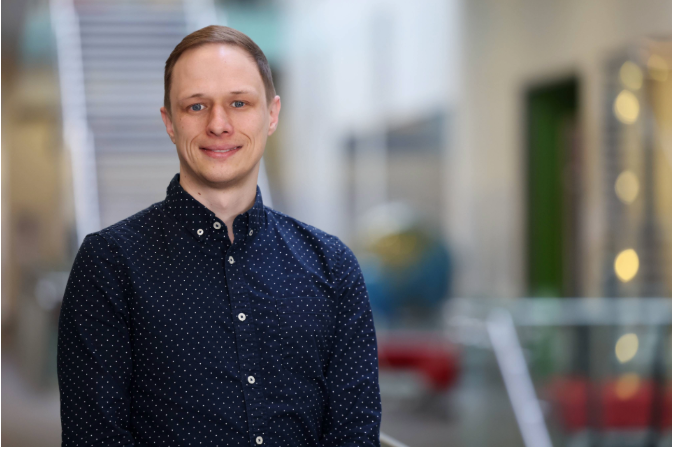We are pleased to announce that QMRG nominee Professor Mark Green of the Geographic Data Science Lab, University of Liverpool, has been award the 2025 Back Award by the Royal Geographical Society (RGS). The award recognises scholars for their work in applied or scientific geographical studies which make an outstanding contribution to the development of national or international public policy.
Mark has kindly shared a few words about their work and experience of the award.

I was shocked to have learned that I was awarded the Royal Geographical Society’s 2025 Back Award. I had no idea that I had been, secretly, nominated by QMRG. It truly is humbling to experience the kindness of my peers who consider my work to be worthy of such an award. It isn’t how I see myself or what I do.
The Back Award is for “applied or scientific geographical studies which make an outstanding contribution to the development of national or international public policy.” It speaks to how I see my career – impact led research. I have been fortunate to be involved in a range of small and large policy initiatives – from using buses to help make COVID-19 vaccines accessible in Liverpool, to supporting the implementation and evaluation of lateral flow testing during the pandemic. Much of this work has been enabled by generating actionable insights from data. This might be creating a new small area dataset that addresses an evidence gap or helping with the analysis of the impacts of a new policy. However, it isn’t always enough to just build a data product or undertake a clever piece of analysis – finding the right narrative to tell a story around your data can be far more powerful at acquiring interest or getting people to notice. This can be tricky to do. The work that geographers do has a real value to society. Geography is inherently an applied subject and lends itself well to making a difference to society. It is something to nurture and celebrate among the next generation of researchers. My advice to anyone interested in pursuing these opportunities would be to:
• Build meaningful relationships with policy makers and don’t rush into thinking about outputs. Some of my most impactful work came from years of contact and conversations without no specific outputs in mind. When the right moment came, people reached out to me from these interactions.
• Ask how you can make a difference to others. Listen, a lot! You have lots of skills to offer society and sometimes it is about identifying how you can apply your skills/expertise flexibly to a specific problem that might not be directly in your research area.
• Be prepared to drop things to take opportunities quickly. Opportunities may come infrequently so you need to be prepared to go fast and capture the moment. Many things might not go anywhere so be prepared to be frustrated – but stick at it will all pay off eventually.
I would like to end by sincerely thanking QMRG and specifically the current Chair Francisco Rowe who I know led the writing of my application. I know from my years on the QMRG committee that their ethos of championing quantitative geographers at all career stages is a worthy and valuable endeavour. While this award recognises only me, I know there are lots more quantitative geographers doing excellent and impactful research out there.
You can find out more about Mark’s work here and the other award winners here!